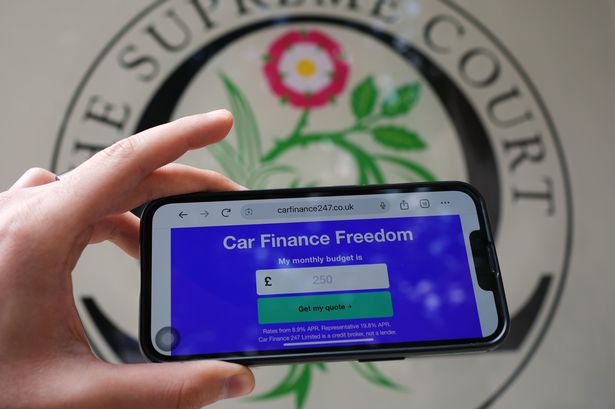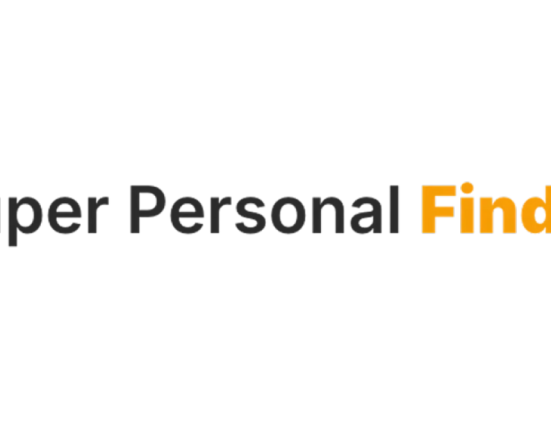The UK’s highest court partially overturned a landmark Court of Appeal case on hidden car finance commission claims on Friday, meaning millions of motorists will not be able to claim compensation
Millions of motorists will not be able to claim compensation for hidden commissions paid on car loans following a Supreme Court ruling. The UK’s highest court sided with finance companies in two out of three crucial test cases focusing on commission payments made by banks and other lenders to car dealers.
Motorists across the UK have been eagerly awaiting the outcome of the landmark case involving car finance agreements. While not all claims will be eligible for compensation, thousands of drivers could still be owed money – especially if their finance deal involved a discretionary commission arrangement (DCA).
So, who qualifies for compensation, how do you claim it, and why should you steer clear of claims management companies? It comes after UK drivers were warned over ‘avoiding’ road instead of having to follow new rule.
READ MORE: Car finance scandal could see drivers get up to £950 each – see if you’re entitledREAD MORE: ‘Millions owed up to £950’ under new scheme says Martin Lewis
Are you owed money?
Not all undisclosed commissions were found to be unlawful – but unfair agreements can still be challenged. If your agreement included a discretionary commission arrangement (DCA), you may be eligible for compensation.
The FCA will announce on August 4 whether it plans to consult on a formal redress scheme for DCA-related complaints. You don’t need to use a claims management company – doing it yourself could save you hundreds of pounds.
What did the Supreme Court decide?
The ruling clarifies that undisclosed commissions alone aren’t enough to trigger automatic compensation. In other words, if your car finance deal simply included a hidden commission, that’s not unlawful by default.
However, the court did uphold one complaint about a particularly high commission. This leaves the door open for individuals to complain if they believe their finance deal was especially unfair.
Importantly, this doesn’t change anything for people with DCAs in their agreements – and that’s where many drivers still stand to gain.
What are DCAs?
A discretionary commission arrangement allowed brokers and dealers to earn more by hiking up the interest rate on your finance agreement. The higher the rate, the higher their commission – a clear incentive to overcharge customers without their knowledge.
DCAs were banned in January 2021, but many finance agreements taken out before that date may still include them.
How to check if you are eligible
You may be due compensation if:
- You took out car, van, campervan, or motorbike finance before 28 January 2021
- The agreement was a Personal Contract Purchase (PCP) or Hire Purchase (HP)
- The vehicle was for personal use
- Your agreement included a DCA
Not sure if your deal included a DCA? Check your paperwork – or contact your lender directly. Even if they claim they didn’t use DCAs, they’re still obligated to pay compensation if yours did include one.
A list of lenders who never used DCAs is available on MoneySavingExpert for reference.
Should you submit a claim?
While undisclosed commissions aren’t automatically unlawful, there’s no harm in submitting a complaint if you believe your finance agreement was unfair.
The Financial Ombudsman Service or your lender’s own complaints procedure are your first stops. If a redress scheme is introduced by the FCA – as expected – it may not even be necessary to complain, as payouts could be automatic.
Avoid claims management companies
Claims management companies can take up to 30 percent of your compensation payout, and don’t always speed up the process or improve your chance of success.
Using them could cost you hundreds of pounds, and doesn’t guarantee a payout.
Watch out for scams
With car finance compensation in the headlines, scammers are circling.
Beware of:
- Unexpected texts, calls, or emails claiming to help you get compensation
- Requests for your bank details, credit card information, or personal data
- Promises of fast payouts or government schemes that don’t yet exist
For now, the FCA has not announced how compensation will be paid, so anyone asking for your information now is not genuine.
What happens next?
The Financial Conduct Authority (FCA) is expected to confirm on Monday 4 August whether it will consult on introducing a redress scheme for car finance deals involving DCAs.
If that goes ahead, many drivers won’t even need to submit a complaint – the process could be automated.
Until then, check your paperwork, understand your eligibility, and stay alert.
Visit the Financial Ombudsman’s website or trusted resources like MoneySavingExpert for free guides on how to raise a complaint without paying a penny.
READ MORE: Shoppers see ‘big improvement in just two weeks’ with this best-selling anti-ageing serum









